KC Nwakalor
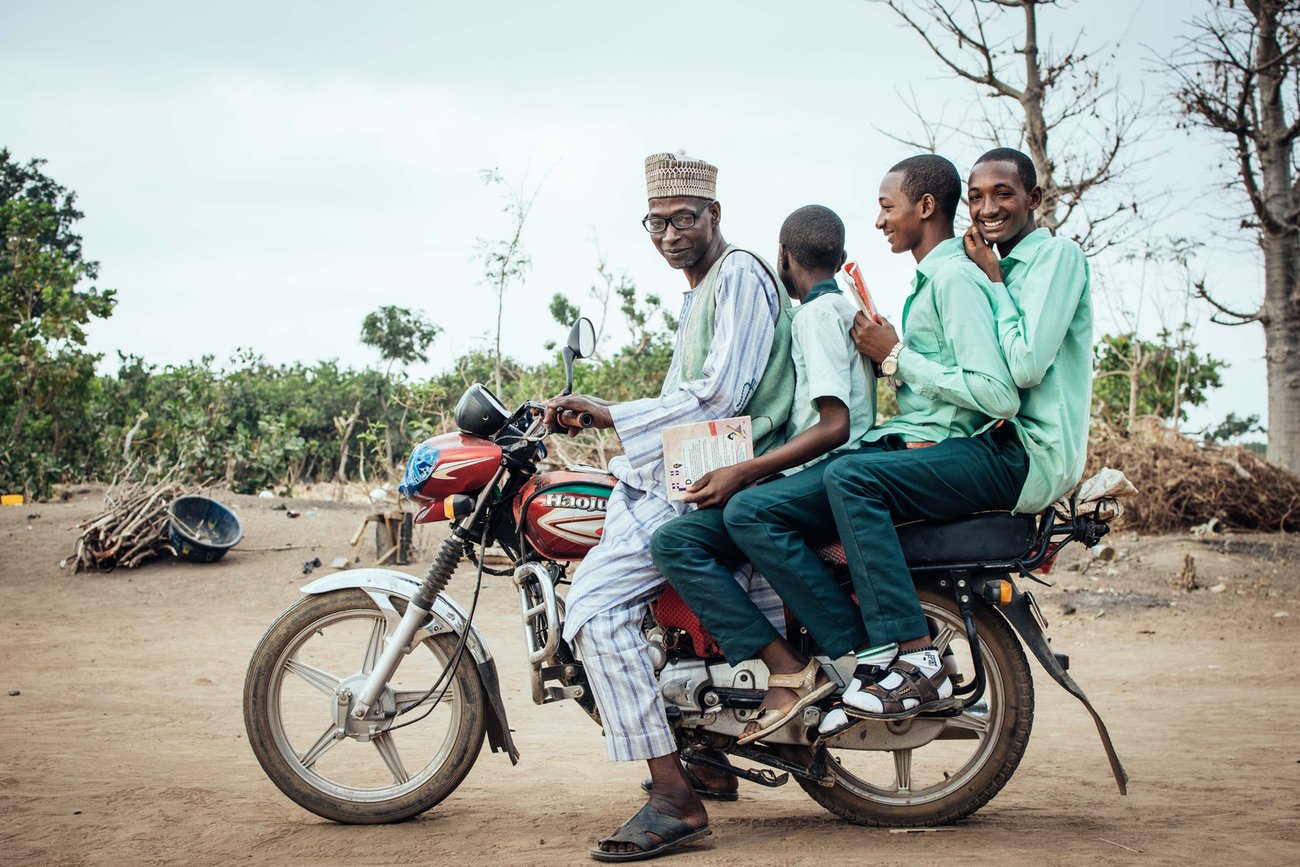
KC Nwakalor (he/him) is a Manchester, UK-based Nigerian Documentary Photographer, Producer, and Educator who uses his work to humanise social, economic, health, and environmental issues affecting Africans and the African diaspora. His photography has been featured in The New York Times, Time Magazine, and Bloomberg Businessweek, capturing stories of resilience and hope with empathy and a distinctive eye. A recipient of the Adobe Creative Residence Community Fund and a World Press Photo 6X6 Global Talent nominee, KC holds a degree in Biology and a postgraduate qualification in Photojournalism. He is a member of Diversify Photo and APJD, with his work exhibited globally and shared through talks and workshops at places like the V&A Museum and World Press Photo.
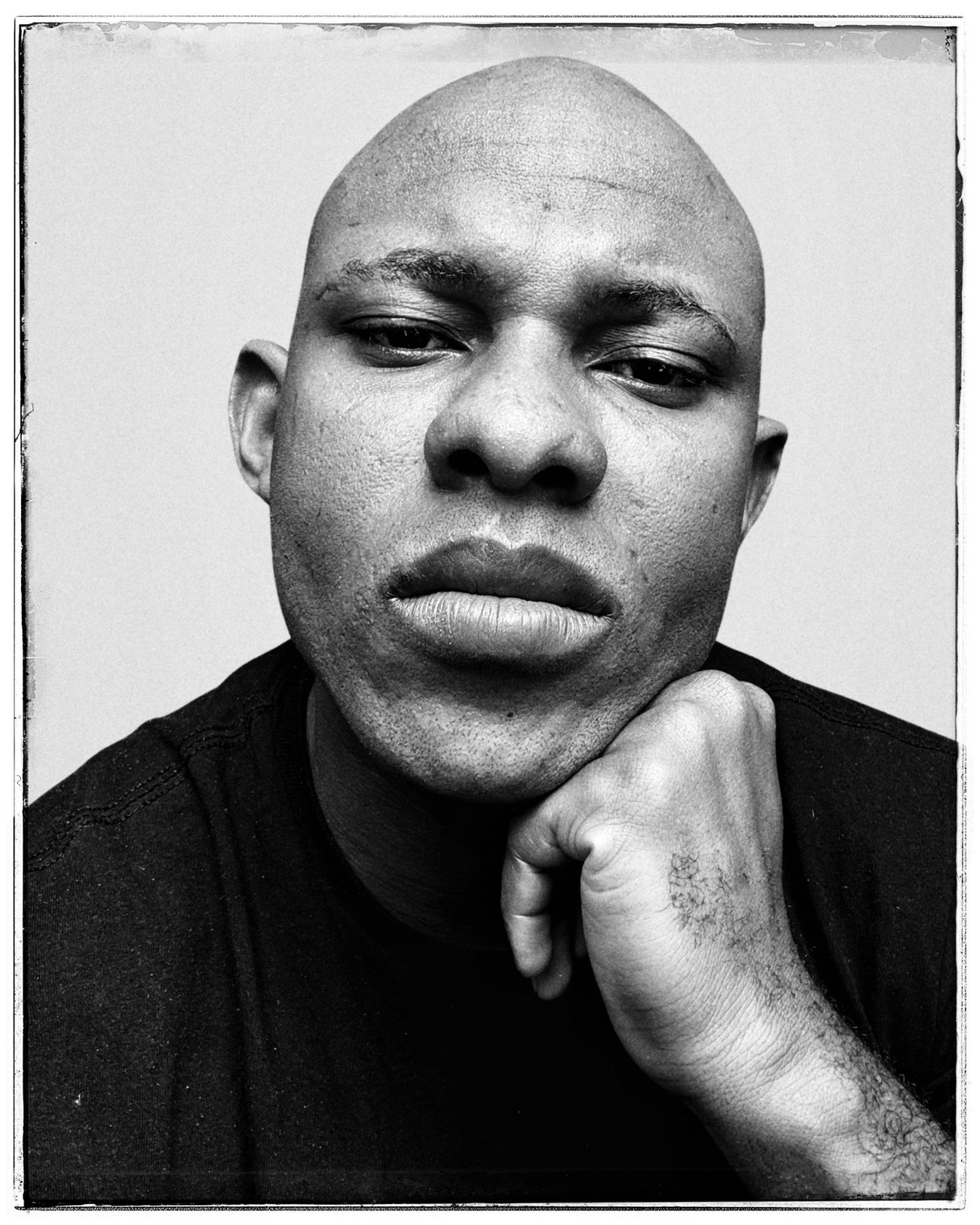
“When you focus deeply on the story—what you want to say and how you want to say it—drawing from your innermost self, that’s when a documentary photographer begins to hone their distinctive vision.”— KC Nwakalor
Hi KC! Tell us a little about yourself — when did you first become interested in photography and how did you get to where you are today?
Hi, my name is KC Nwakalor. KC is short for Kenechukwu, which means "Thank God" in Igbo, a language spoken in southeastern Nigeria. I was born and raised in Enugu, Nigeria, before moving to Abuja, the country’s capital, to pursue my university education. It was in Abuja that I first picked up a camera—not as a passion, but as a means of self-employment. With millions of young graduates entering a job market with very few opportunities, I figured photography, which came naturally to me, could be a way forward. It was 2016, and Instagram was booming, so there was a growing demand for quality wedding photography. I started out doing a bit of everything—weddings, maternity shoots, fashion, and corporate events. But by 2017, I wanted more. I wanted more than just a paycheck; I wanted to make an impact. I wanted to be part of the solution to the many challenges my country faces. That’s when I began my journey as a photojournalist and documentary photographer. Beyond the complaints about failing healthcare systems, lack of access to clean water, or inadequate education for vulnerable communities, I picked up my camera to humanise these issues. My hope was that by visually documenting these struggles, I could make them more visible—if not to solve them outright, then at least to spark conversations that might lead to change.
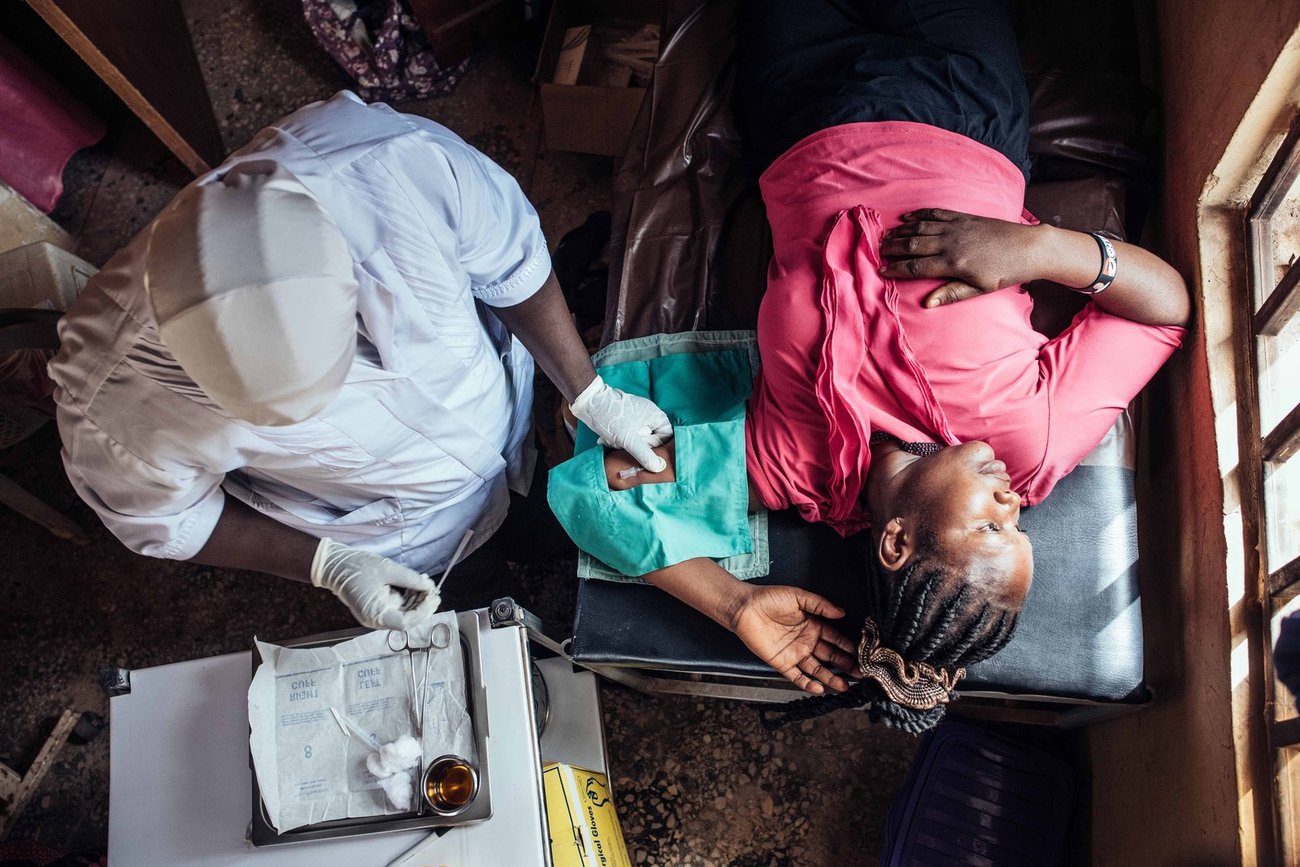
What subjects or stories captivate you most through your lens as a documentary photographer, and what draws you to them?
I’m largely drawn to stories that spotlight an issue—I take photography seriously. When I started, my focus was on highlighting problems affecting the most vulnerable in society. These issues, though important, often felt distant, with only indirect or minimal connection to my own experiences. In the past two years, my practice has evolved. I’ve become more introspective and drawn to stories that relate directly to me or those close to me. Turning the camera on myself or the people in my inner circle has been a challenging but rewarding process. It’s a new level of learning, and while it’s not always easy, I’m enjoying the journey. My goal remains the same: to bring important issues to the forefront of conversations. The difference now is that these issues are deeply personal, tied to my own life or the lives of those I care about.
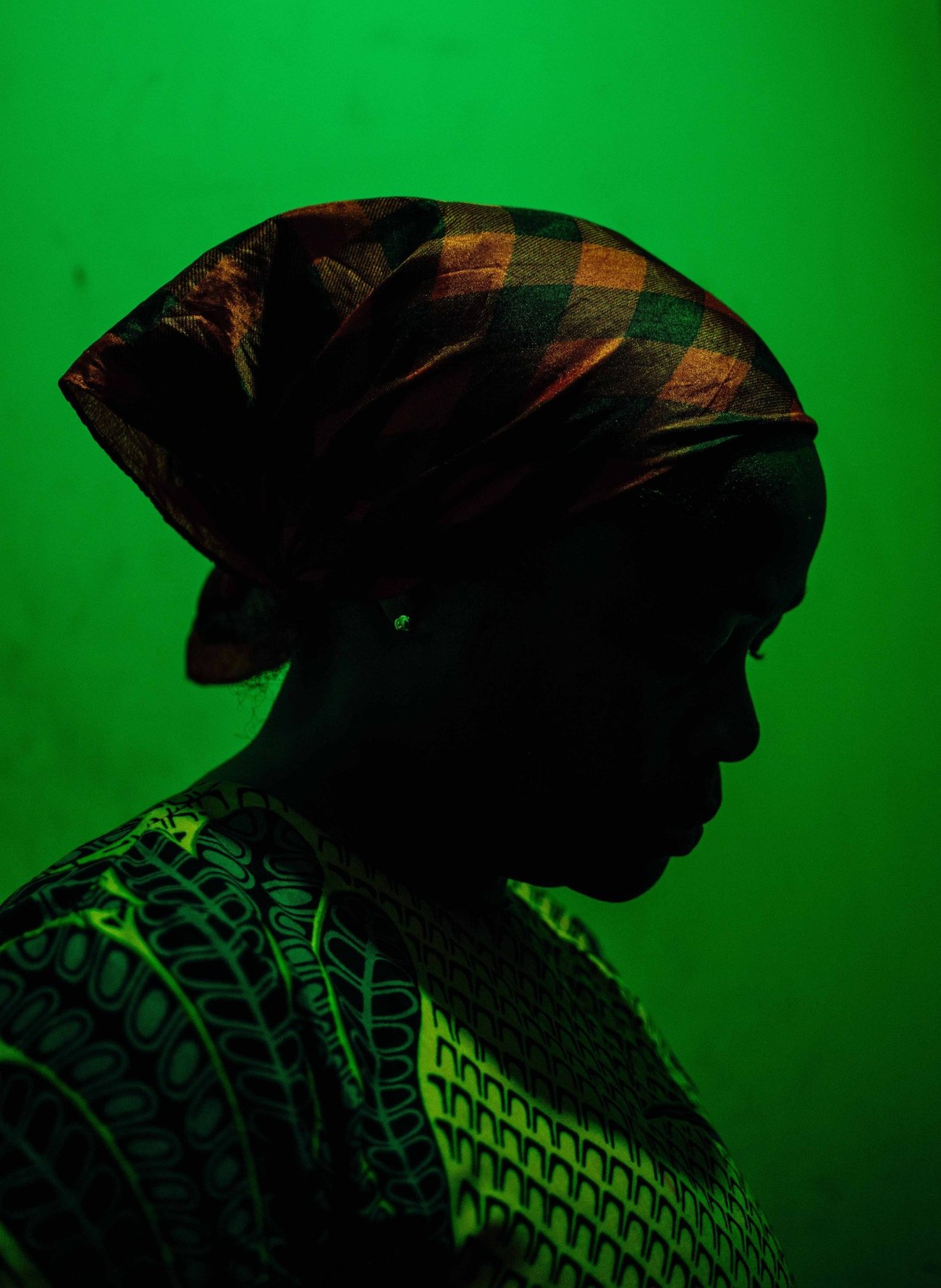
What sets apart the artistry of professional documentary photographers in today's world of ubiquitous smartphone cameras, and what techniques can you employ to capture subjects through a distinctive lens?
There are over 7 billion people on the planet today, each carrying a unique mix of DNA. At our core, we’re made of the same things—it’s the combination that makes us different. Similarly, what sets documentary photographers apart isn’t just technical skill but honesty and intentionality in their practice. Broadly speaking, most photographs have already been taken. What makes the next one stand out is the subject, their story, their environment, and the perspective of the photographer. These unique elements shape a photographer’s work and distinguish it from others. When you focus deeply on the story—what you want to say and how you want to say it—drawing from your innermost self, that’s when a documentary photographer begins to hone their distinctive vision. It’s this clarity of purpose that sets their work apart.
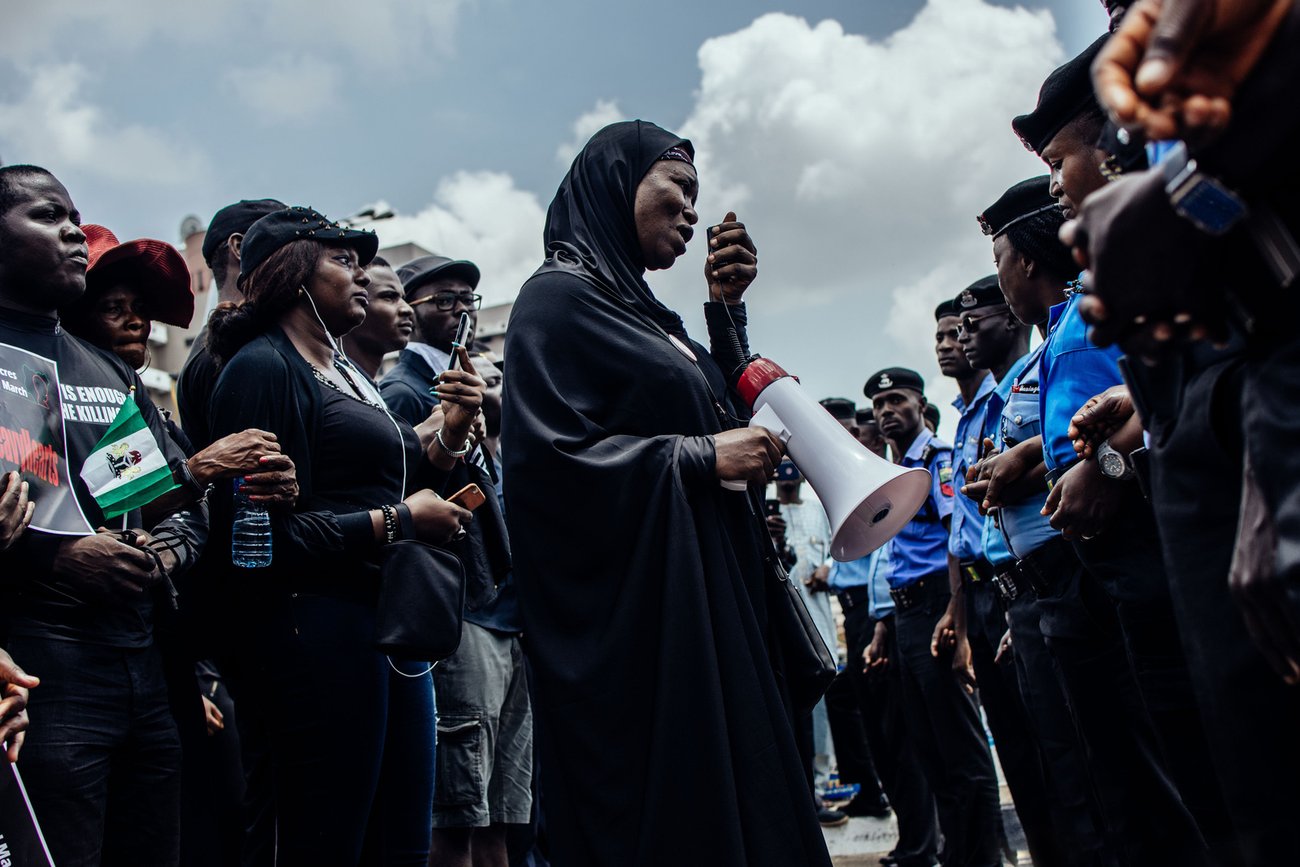
As your career has progressed, how has your aesthetic or subject matter shifted over time?
My aesthetic approach has largely remained consistent. When it comes to subject matter, I’m still drawn to documenting health, social, and economic issues. However, my focus has shifted—I'm now more interested in exploring stories that directly involve myself or people close to me. In essence, my practice has evolved from being outward-facing to becoming more inward-facing.
Which project has impacted you most deeply on a personal level, and how did that experience shape your approach to subsequent work?
It’s hard to pinpoint one project that has impacted me the most, as every project comes with its own peculiarities and purpose. If I didn’t find them worthwhile, I likely wouldn’t photograph them. However, one project I’ve spent the most time on is “Tales of the Oil-Rich South,” which explores the human cost of oil exploration in Nigeria’s Niger Delta. Crude oil is a cornerstone of Nigeria’s economy, accounting for about 92% of the value of all exports. Yet, this comes at an unimaginable cost to the communities where the resources are extracted. From health crises to environmental pollution to economic hardship, the challenges are staggering. Through this project, my goal is to humanise these issues by sharing the personal stories of the individuals I’ve met during my visits to the region.
As a photography educator whose courses reach thousands through Skillshare and personal mentoring sessions, what first sparked your passion for teaching others? And if you could instill just one fundamental principle in every student you work with, what would it be?
I love learning—teaching, for me, is just another way to learn. I started teaching photography two years after I began working professionally as a photographer. For several years, I held annual in-person workshops in Abuja, Nigeria, until the pandemic pushed me to shift online. Since then, I’ve been teaching on Skillshare, which has allowed me to connect with thousands of students worldwide, sharing the joy and fulfillment that photography brings.
One core principle I emphasize with my students is the importance of intentionality and storytelling. Technical skills are essential and can be learned with practice, but becoming a storyteller is a lifelong journey. That’s where I encourage students to focus—on honing their creative voice and telling meaningful stories through their work.
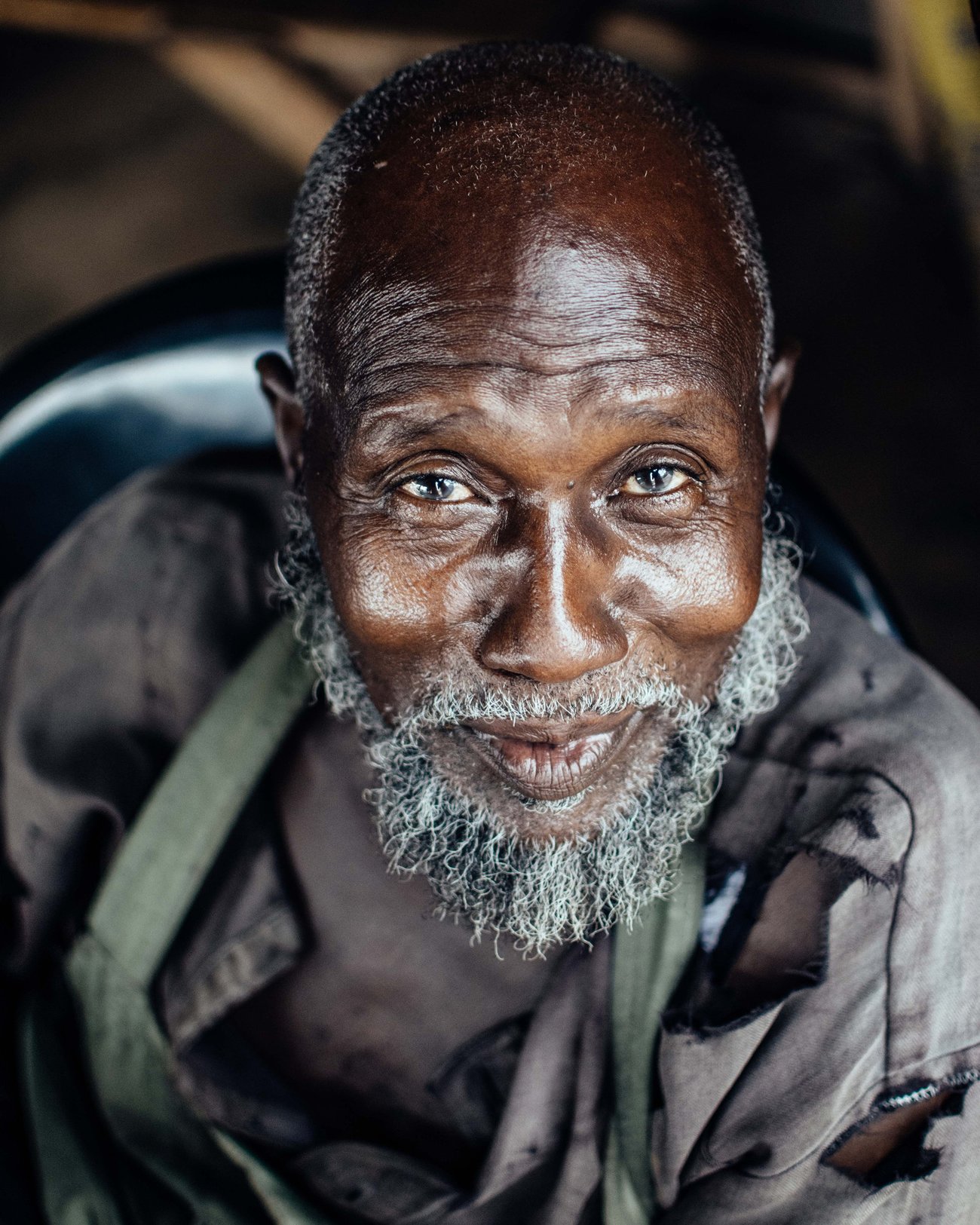
In the field, what are your favourite or go-to settings for easy shooting?
If you shoot long enough, your camera becomes an extension of your hands. I take photography seriously, so I’m never about taking the easy route. I want to engage fully in the process because every step contributes to the storytelling within a photograph. I keep things simple—I only use prime lenses. Without the option to zoom in or out, you’re forced to move your feet, and it’s in that movement that you find and create the perfect shot.
Ultimately, what message or feeling do you hope viewers take away from your work?
I want my work to make people feel seen and inspire action—whether for themselves or for others. My goal is for my photography to spark positive change and serve as a catalyst for lasting impact.
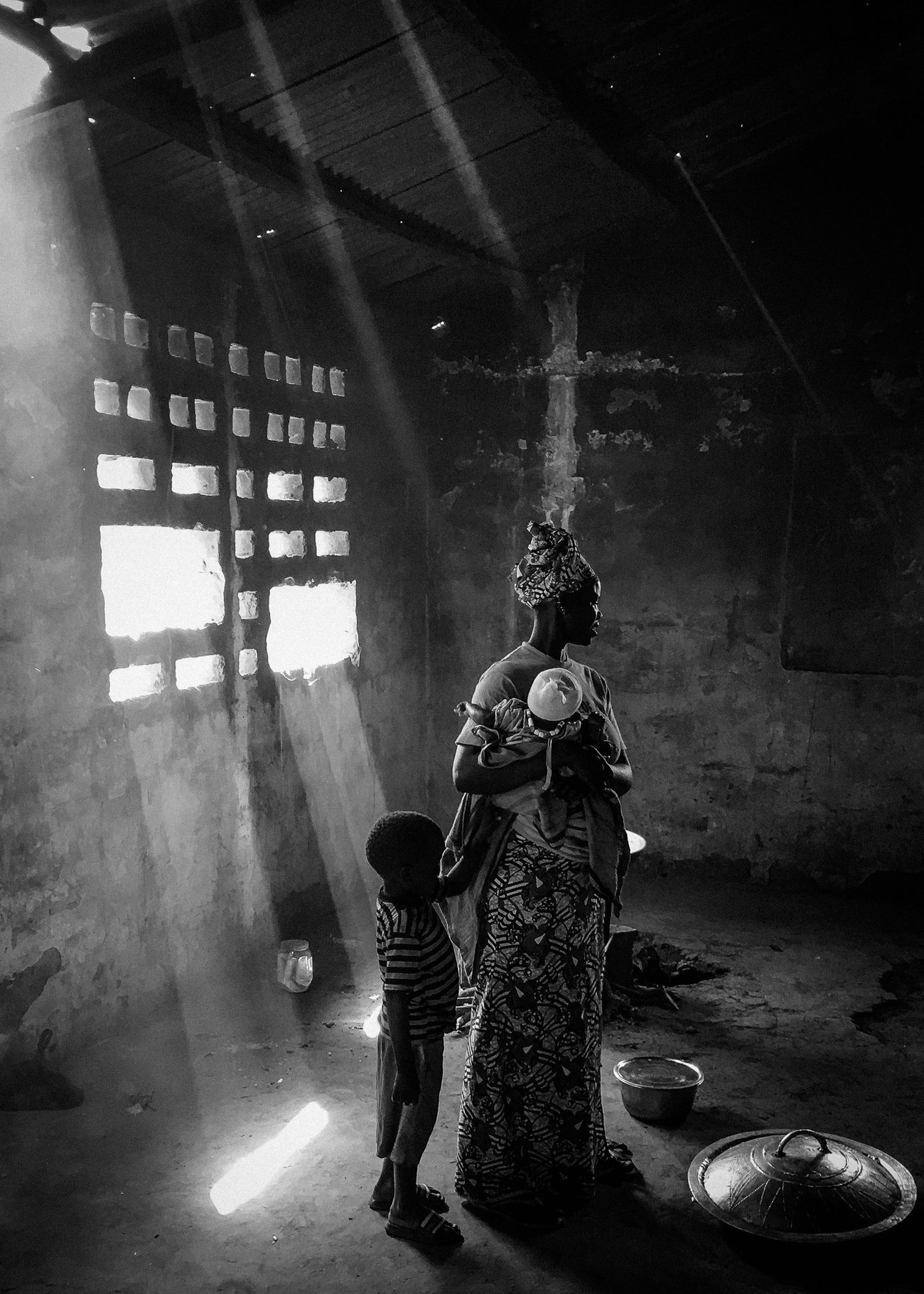
What advice would you give to new photographers who are just starting out?
Try everything before settling into a specific genre. Draw from your background, lived experiences, education, ethnicity, religion—everything that makes you unique—and pour that mix into your work. Stay honest, create with intention, and trust that your tribe will find you.
What are you currently working on now and what’s up next for you?
I'm currently working on a few projects. One involves using self-portraiture and performance to explore my phone addiction. I'm also preparing to publish my first photobook later this year, based on my project "Tales of the Oil-Rich South." In addition, I'm collaborating with my friend Justin, a filmmaker, on a film project centered around the concept of home. We're taking turns filming and interviewing each other, with a photography component that focuses on how I'm navigating the ever-changing definitions of home. It's shaping up to be a busy year, and I'm hoping to squeeze in some exhibitions along the way, too.
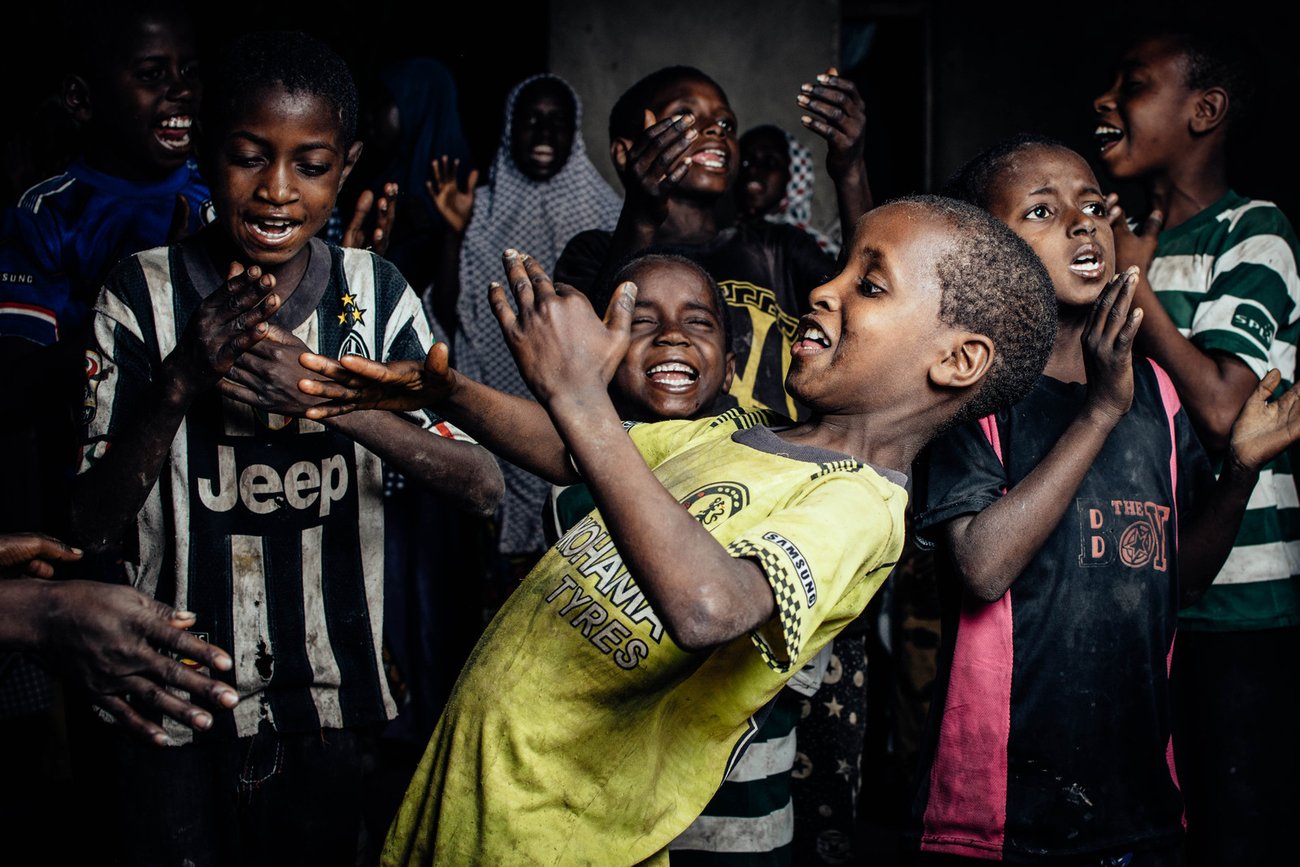
Thank you for sharing with us, KC! To view more of KC’s work, visit his website, explore his Skillshare classes, follow him on Instagram, and sign up for his newsletter.
KC was nominated by Skillshare.